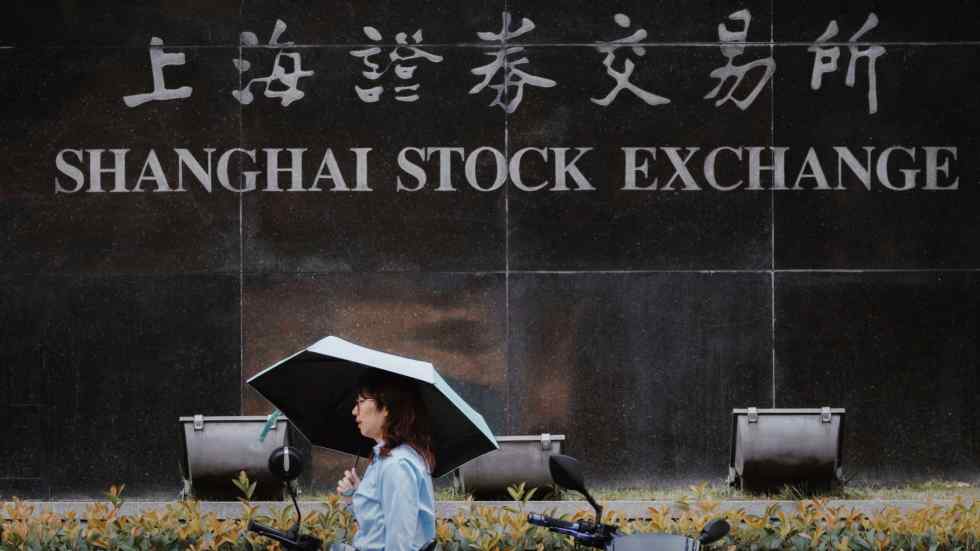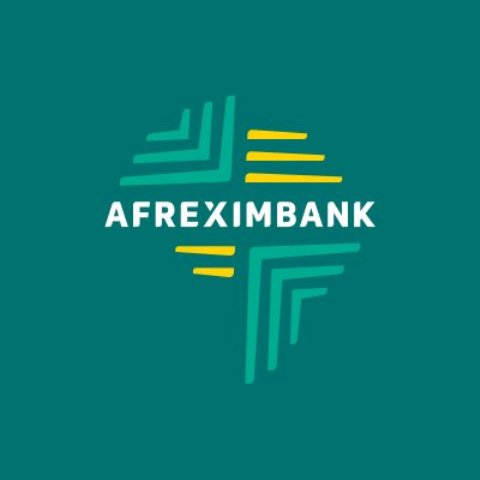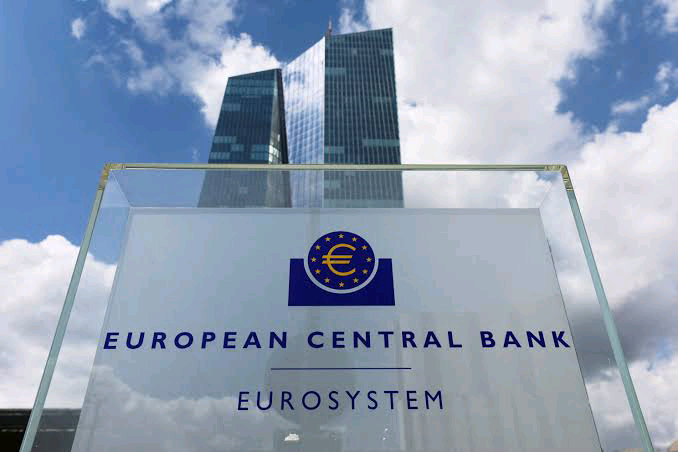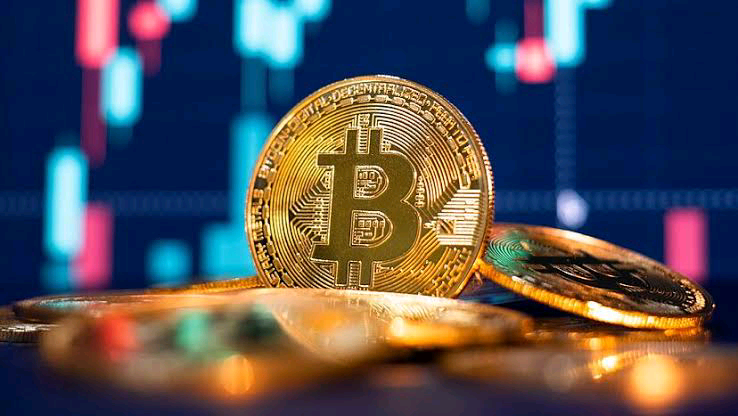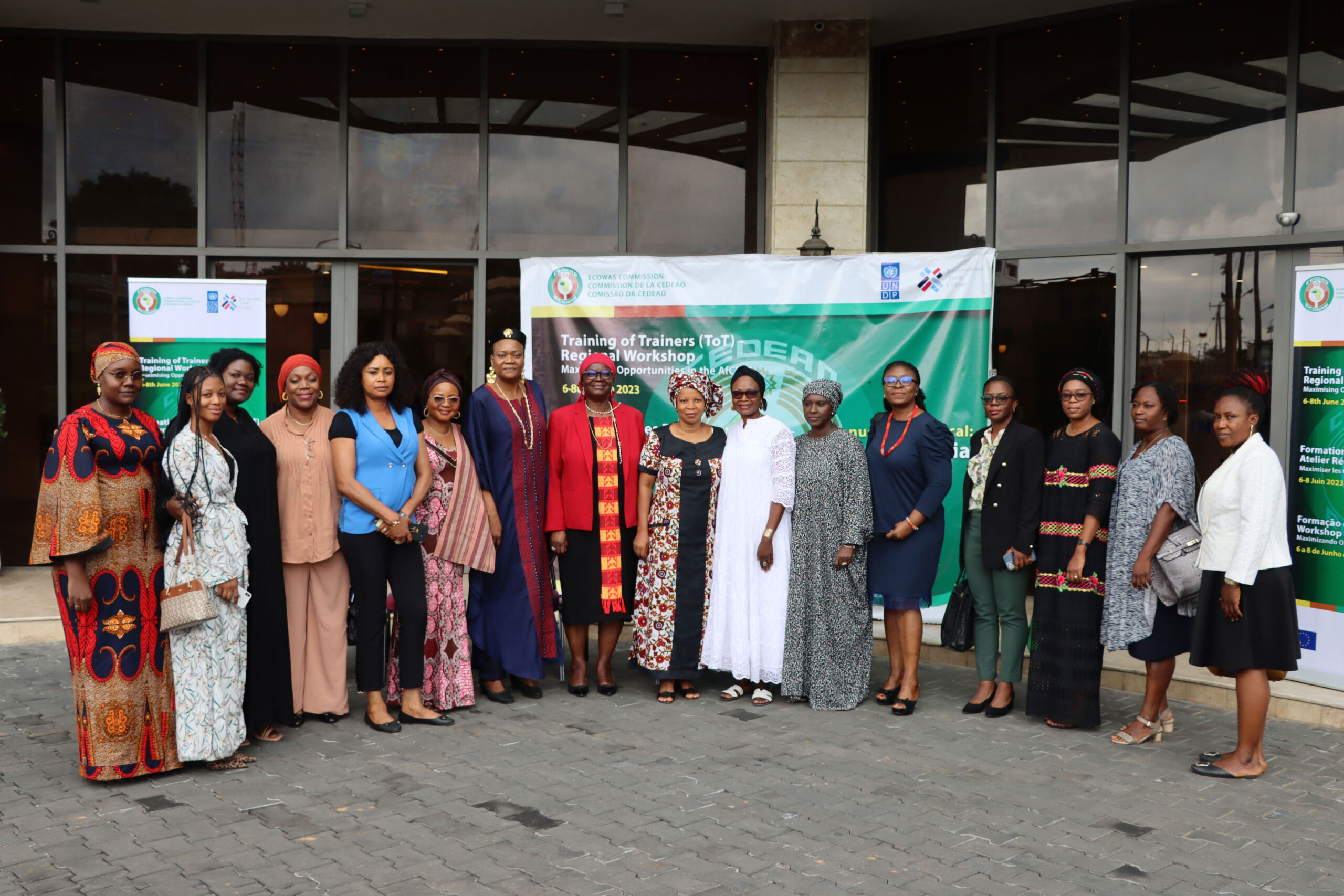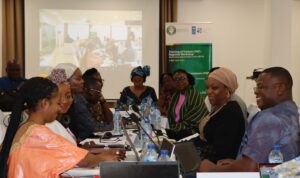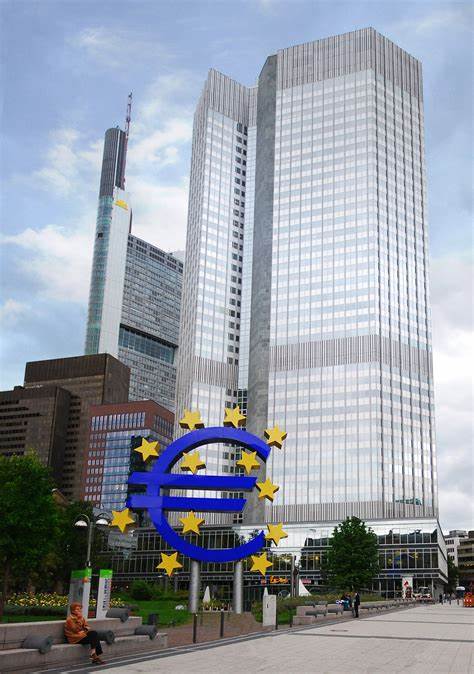Foreign investors sold a record $12bn worth of Chinese stocks in August as piecemeal support measures from Beijing failed to assuage concerns over slowing growth in the world’s second-largest economy and a worsening crisis in the country’s property sector.
The unprecedented outflows come as figures on Thursday showed China’s manufacturing sector contracted for a fifth consecutive month, despite pledges from leaders in late July to deliver more substantial support measures for the vital property sector, which is typically responsible for about a quarter of annual economic activity.
Simmering tensions with Washington have also dimmed western investors’ appetite for Chinese assets, with US commerce secretary Gina Raimondo warning during a four-day visit to the country this week that American companies were starting to see China as “uninvestable”.
Calculations by the Financial Times based on exchange data show net sales of almost Rmb90bn ($12.4bn) worth of Shanghai- and Shenzhen-listed shares by offshore traders in August, more than any month since the programme launched in late 2014.
Asset managers and analysts said the surge in sales reflected disappointment from global investors, whose focus has shifted this year from hopes for a broad stimulus to a more targeted bailout for property developers. But Chinese leaders have so far remained reluctant to launch such a rescue.
“Investors are quite worried about GDP and whether [policymakers] can even hit that 5 per cent growth target,” said Stephen Innes, managing partner at SPI Asset Management. “That’s directly attributable to the property market because the hit to GDP from that could be 1 percentage point or more.”
Innes added that investors were also wary of “high-level political risk” as the outlook for US-China relations remained dim despite describing Raimondo’s visit as “positive”.
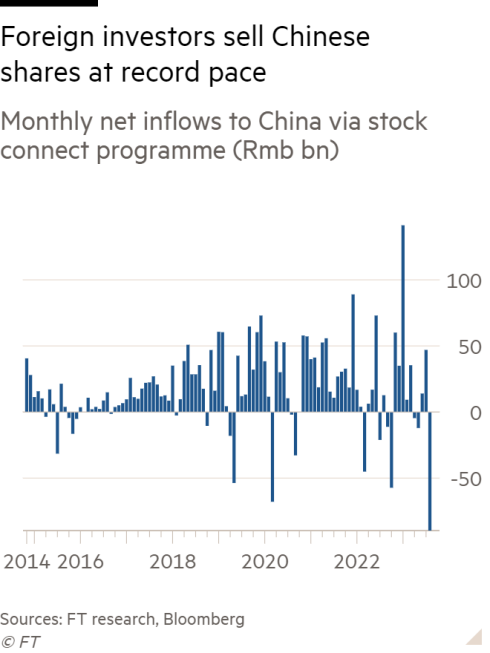
Concerns over the outlook for the country’s real estate market have worsened this month as private Chinese developer Country Garden, once considered among those least likely to default, missed payments on international bonds and sought to push back on renminbi repayment obligations coming due next week.
Meanwhile, shares in China Evergrande, the developer whose defaults on dollar bonds two years ago marked the start of the sector’s liquidity crisis, resumed trading in Hong Kong this week for the first time in 17 months and immediately fell almost 90 per cent.
“The word ‘stimulus’ has been misused too many times and now nobody expects a big bang on the fiscal front anymore,” said Alicia García-Herrero, chief Asia-Pacific economist at Natixis. “Now investors’ clients are focused on the real estate sector policy — that’s the new mantra.”
She said there had been a handful of property policy changes over the past month, including the easing of mortgage conditions for first-time buyers in the megacities of Guangzhou and Shenzhen. But these amounted to “tiny bits, not the big bang [that would cause] equity inflows from foreign investors”.
The economic slowdown has weighed heavily on broader valuations of Chinese stocks, dragging the benchmark CSI 300 index down 8 per cent in dollar terms in the year to date even as big markets elsewhere in the world have notched double-digit gains.
Efforts to prop up shares through cuts to trading fees and other measures, which delivered substantial gains when previously deployed, have likewise failed to provide a lasting boost to investor sentiment.
“You need substantial stimulus to get people back in,” said García-Herrero, before adding: “Don’t hold your breath.”
Culled from Financial Times
